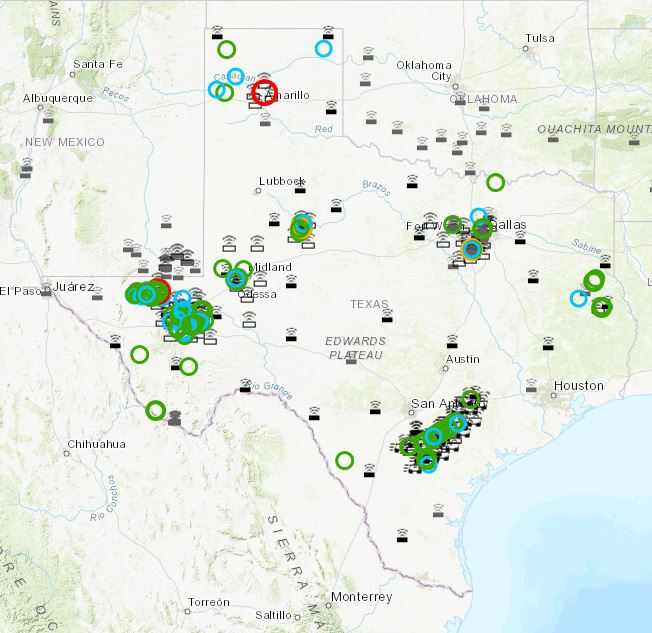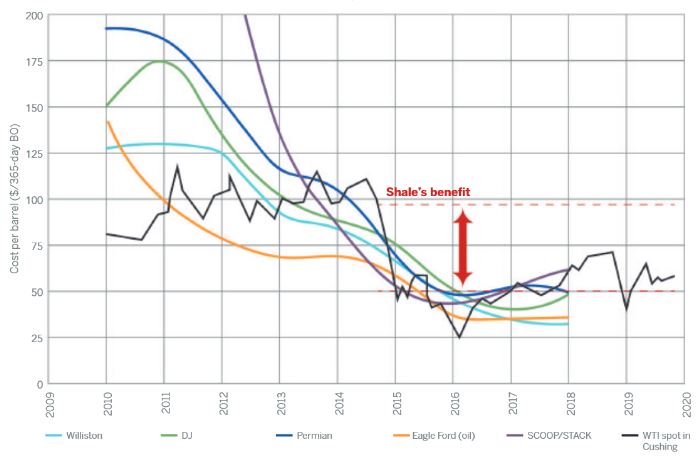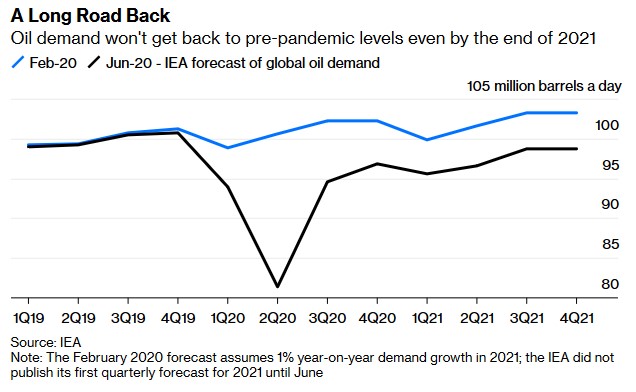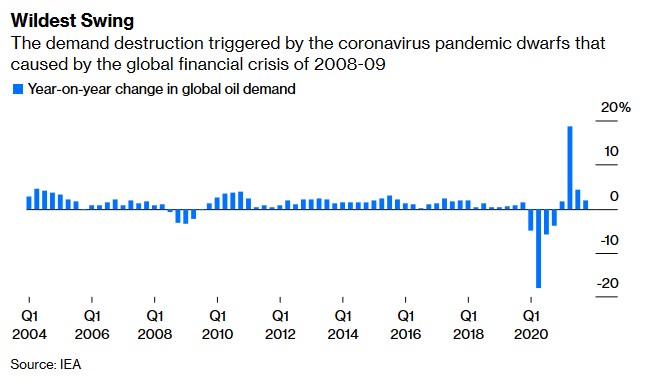It seems that Jimmy McAllen’s troubles over damages and injuries he suffered when Forest Oil buried mercury-contaminated iron sponge wood chips on his ranch will never end. Arbitration of his claims resulted in a $20 million award which was affirmed by the Corpus Christi Court of Appeals, and the Supreme Court denied review.
But shortly thereafter, McAllen got in a dispute over attorneys’ fees related to the case with his lawyer and former son-in-law Chris Amberson. McAllen claimed his lawyer overcharged for fees and submitted bills for fraudulent expenses. That dispute also went to arbitration, and the arbitrator, Tom Collins, entered an award against Amberson for more than $15 million. Collins found that Amberson had billed McAllen almost $1.7 million in “reimbursable expenses” to retain 38 experts for the Forest Oil litigation. “These were made-up expenses,” Collins wrote, adding that “almost 100% percent of the expert retainers were not paid.” Collins found almost $2.6 million in fraudulent charges.
Amberson then asked the district court which appointed the arbitrator to set aside part of the award. But a company owned by Amberson, also a party to the case, has now sought bankruptcy protection, and the case was removed to bankruptcy court. The battle continues.








